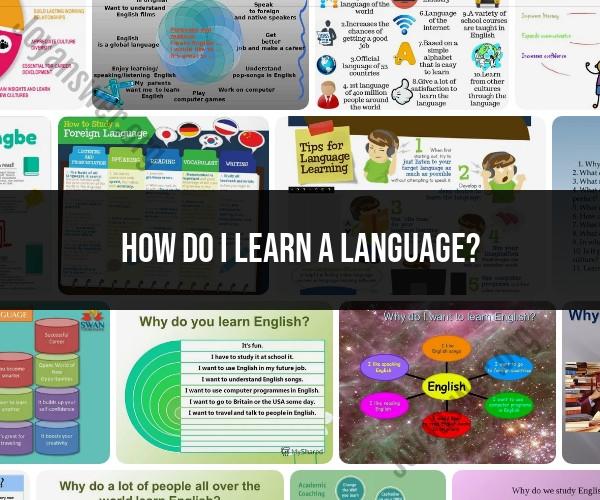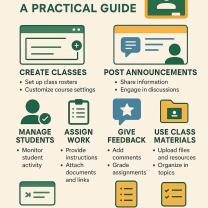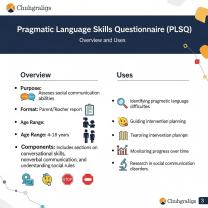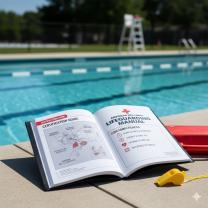How do I learn a language?
Learning a new language is a rewarding but challenging endeavor. Here are steps and strategies to help you on your path to fluency:
Choose a Language:
- Select a language that interests you or is relevant to your goals, such as travel, work, or personal enrichment.
Set Clear Goals:
- Determine why you want to learn the language and set specific, achievable goals. Having clear objectives will keep you motivated.
Immerse Yourself:
- If possible, immerse yourself in an environment where the language is spoken. This is one of the most effective ways to learn quickly.
Take Formal Classes:
- Enroll in language courses at a local language school, community college, or online. Formal instruction provides a structured approach.
Use Language Learning Apps and Websites:
- There are many language learning apps and websites like Duolingo, Rosetta Stone, Babbel, and Memrise. These offer interactive lessons and exercises.
Practice Regularly:
- Consistency is key. Dedicate time each day to practice, even if it's just for 15-30 minutes. Regular exposure helps reinforce what you've learned.
Build Your Vocabulary:
- Start with basic vocabulary and gradually expand your word bank. Flashcards and language learning apps are useful for this.
Practice Speaking:
- Speaking the language is crucial. Find language exchange partners or conversation groups to practice with. You can also use language exchange apps like Tandem.
Listen and Repeat:
- Listen to native speakers through podcasts, music, movies, or TV shows. Try to mimic pronunciation and intonation.
Read in the Language:
- Start with simple texts and gradually work your way up to more complex materials like books, newspapers, or magazines.
Write and Keep a Journal:
- Practice writing in the language. Start with simple sentences and then progress to longer compositions. Keeping a journal can be helpful.
Learn Grammar:
- Understanding the grammar rules of the language is important. Many language courses and textbooks cover grammar extensively.
Use Technology:
- Utilize language learning software, translation apps, and language-specific keyboards to enhance your learning.
Join Language Learning Communities:
- Online forums, social media groups, or local meetups can connect you with others learning the same language. You can exchange tips and practice together.
Travel to a Country Where the Language is Spoken:
- If possible, visit a place where the language is the native tongue. Immersion in the culture and language can be incredibly beneficial.
Be Patient and Persistent:
- Learning a new language can be challenging, and you may encounter frustrations. Stay patient and persistent; progress will come with time.
Celebrate Milestones:
- Celebrate your achievements, whether it's mastering a new tense, holding a conversation, or understanding a song. Positive reinforcement can keep you motivated.
Seek Feedback:
- Don't be afraid to ask native speakers or teachers for feedback on your pronunciation or writing. Constructive criticism helps you improve.
Stay Informed:
- Keep up with current events and cultural aspects of the language-speaking countries. This helps you understand context and cultural nuances.
Enjoy the Process:
- Language learning should be an enjoyable journey. Find ways to make it fun, such as watching your favorite TV series in the target language.
Remember, there's no one-size-fits-all approach to language learning. Adapt these strategies to your learning style and preferences. The key is to stay committed, practice regularly, and enjoy the process of becoming proficient in a new language.













